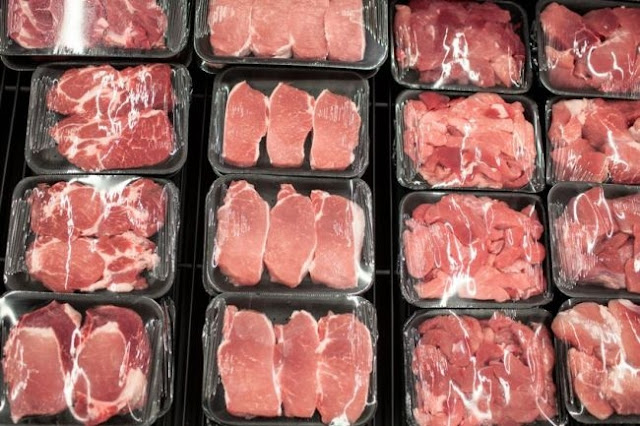The meat tax that Europe is worried about, if we actually introduce it...?
While European governments, including Denmark, Sweden and Germany, are considering the so-called meat tax, studies have shown that imposing heavy taxes on actual meat significantly reduces deaths and medical costs.
The BBC and other foreign media reported on the 7th (local time) that a research team at Oxford University analyzed the impact of the introduction of "meat tax" on deaths and medical costs in 149 countries that consume meat.
The researchers conducted the study assuming that the government of high-income countries imposes 20 percent tax on meat and 110 percent tax on meat processed foods. In doing so, consumers in high-income countries expected to cut meat consumption by two people a week. As a result, the number of deaths per year across the country will decrease by 220,000 and medical-related costs will decrease by 30.6 billion pounds (about 45 trillion won).
The research team also predicted that if the British government applies 14 percent tax rates to meat and 79 percent to processed foods, the annual death toll will be 6,000 and medical-related costs will decrease by 700 million pounds (about 1.33 trillion won).
Red pork and beef are among the causes of heart disease, stroke and diabetes. In 2015, the World Health Organization (WHO) raised controversy by warning that meat products such as bacon, sausages and ham could cause cancer.
In addition, meat production is a huge burden on the ecosystem. In the process of raising livestock, it destroys forests and releases huge amounts of carbon. For this reason, environmental groups point out that meat consumption should be reduced even for the sustainability of the earth.
However, it is not an easy decision for governments to actually introduce high taxes. "We are not sure whether the introduction of high taxes will fundamentally change people's carnivorous diet, and we are also concerned about the economic and political burden of rising living prices," the BBC said in a report.




Comments
Post a Comment